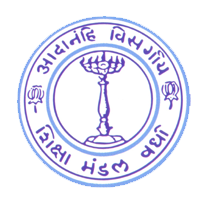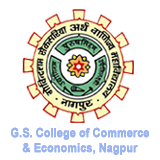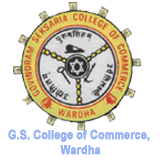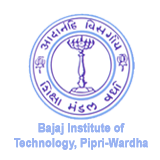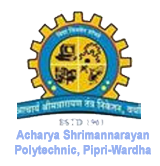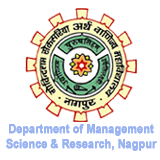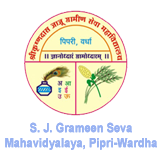THE MBA PROGRAMME
DMSR, G.S. College of Commerce & Economics, Nagpur, offers a Two-year Post Graduate Programme in Management. The annual intake is restricted to 60 students. The select group is exposed to a programme designed to ensure a comprehensive grasp of management theory and the understanding of its applications.
TEACHING METHODOLOGY
The methodology is designed to help students achieve accelerated learning through intensive and extensive methods. It is specially designed to achieve the twin objective of providing students with deep conceptual insights and understanding of the practical difficulties and applications .The approach goes far beyond mere preparation of a student to acquire a MBA Degree. It shapes the personality of the individuals and helps them to develop good communication, excellent interpersonal and bold decision making skills – these three skills are essential for any one to become an excellent manager. The following teaching methods are adopted:
- Class room lectures
- Case study
- Group discussions and presentations
- Video counseling
- Home-study assignments
- Industrial tours
- Summer internship
- Seminars
- Industry Institute Interaction Program
- Field visits
EVALUATION AND GRADING
The performance of the students will be evaluated in two Components, One component will be the Semester wise End Examination component carrying 70% marks and the second component will be the continuous assessment by the institute (Internal assessment) component carrying 30% marks.
Rashtrasant Tukadoji Maharaj Nagpur University
Courses ( Can be done with other courses)
- Evaluation & Grading
- Autonomous Course Summary for MBA
Course Summary for MBA Program
| Semester | Course
Code |
Course Type | Name of Course/Subject |
| I | MBCI-1 | Core | Principles of Management |
| MBCI-2 | Core | Managerial Economics | |
| MBCI-3 | Core | Accounting for Managers | |
| MBCI-4 | Core | Business Legislation’s | |
| MBCI-5 | Core | Business Communication & Information Systems | |
| MBCI-6 | Core | Research Methodology & Quantitative Techniques | |
| II | MBCII-1 | Core | Human Resource Management & Organizational Behavior |
| MBCII-2 | Core | Financial Management | |
| MBCII-3 | Core | Marketing Management | |
| MBCII-4 | Core | Operations Management | |
| MBCII-5 | Core | Cost Accounting | |
| MBCII-6 | Core | Economic Environment of Business | |
| III | MBCIII-1 | Core | Strategic Management |
| MBCIII-2 | Core | Summer Internship Project Assessment | |
| MBFIII-1 | Foundation | Project Management | |
| Environment Management | |||
| MBEIII-11 | Elective | Elective I – Paper 1 | |
| MBEIII-12 | Elective | Elective I – Paper 2 | |
| MBEIII-21 | Elective | Elective II – Paper 1 | |
| MBEIII-22 | Elective | Elective II – Paper 2 | |
| IV | MBCIV-1 | Core | Business Ethics & Corporate Governance |
| MBCIV-2 | Core | Entrepreneurship Development | |
| MBCIV-3 | Core | Project Work | |
| MBFIV-2 | Foundation | International Business Management | |
| Agri-Business Management | |||
| MBEIV-13 | Elective | Elective I – Paper 3 | |
| MBEIV-23 | Elective | Elective II – Paper 3 |
List of Elective/Specialization Courses
| Group | Group Area | Paper | Name of Course |
| Core | A
Marketing Management |
1 | Sales and Distribution Management |
| 2 | Integrated Marketing Communication & Brand Management | ||
| 3 | Consumer Buying Behaviour | ||
| B
Financial Management |
1 | Corporate Financial Management | |
| 2 | Security, Portfolio and Risk Management | ||
| 3 | Investment Environment & Wealth Management | ||
| C
Human Resource Management |
1 | Training & Development Practices | |
| 2 | Performance & Compensation Management | ||
| 3 | Industrial Relations & Labour Laws | ||
| Complementary | A
Operations Management |
1 | Logistics & Supply Chain Management |
| 2 | Operations Research | ||
| 3 | Total Quality Management | ||
| B
Service Sector Management |
1 | Banking & Insurance Services | |
| 2 | Hospitality Management | ||
| 3 | Healthcare Management |
![]() Academic Regulations & Syllabus
Academic Regulations & Syllabus
![]()

